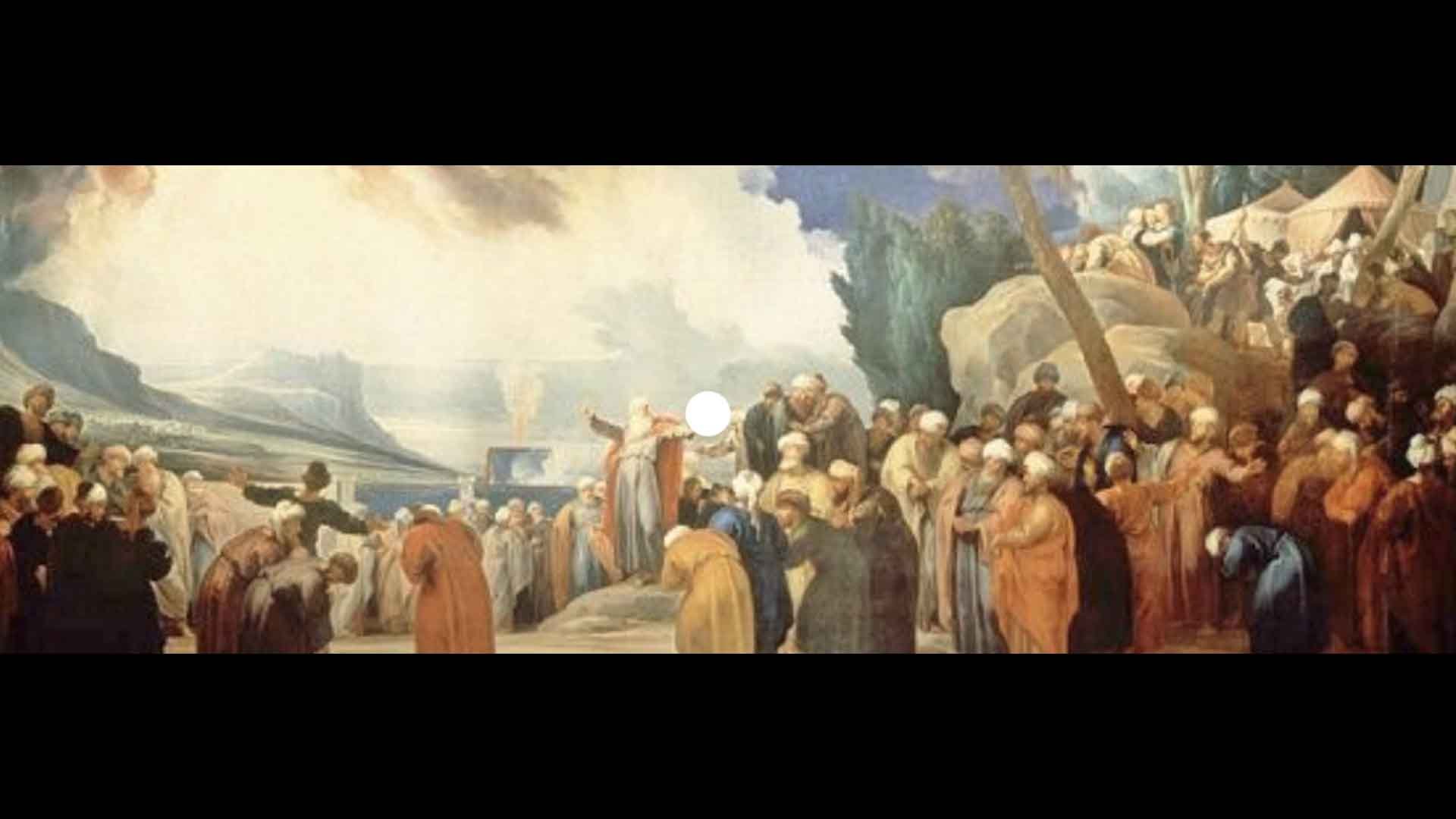Inverted Nun’s
If the Aron was the repository of both the new luchos and the broken luchos, the shards then what is being offered is the shattered souls and lives as well as the hope for a wholesome future.
It was precisely these verses that speak of the travelling Aron that were placed between the calamities to split them, as if to intentionally share with us the deepest Torah, that our avodah MUST include the calamities the shattered broken souls we were as well as what we must endure in the future as part of our service.
The presence of these verses is a comfort that the Aron, the Schechinah is with us in troubled times as much as good times, and we offer both the good the bd and the ugly on the altar of service.
The interjection of these verses out of place is just the opposite and fits with our sense of being out of place in this world and in these times.
Eldad and Medad whose geneology was suspect and who were too shamed to show up in the Sandedrin lottery continue to prophesy and according to the midrash chaseros ve yeseidos their prophesy was precisely the healing presence of the Aron for future generations to realize all is never lost, that the calamities besetting our people and ourselves individually are narratives surrounding the center location of the Ark of the covenant the Aron Bris that centers the hope and longing, the healing within the pain.




















